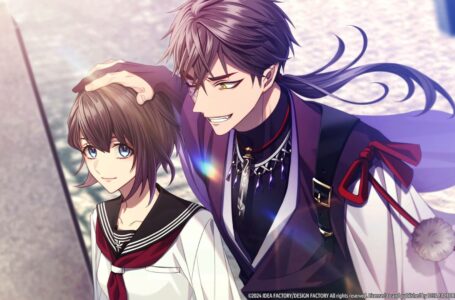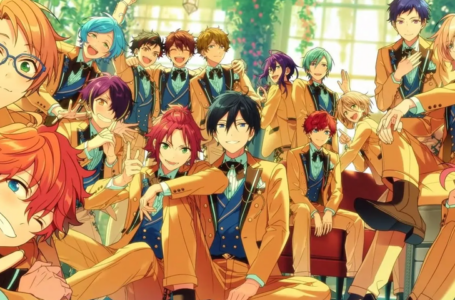Jack Jeanne vs Charade Maniacs – early impressions
We have seen a massive increase in otome releases in the west just in the space of the last year, what with a couple more Japanese imports coming with English translation and even a Japanese indie title hitting the Switch digitally as of more recently. That’s not to mention the rest of the upcoming titles that are set to release as late as November of this current year.
But in June 2023 specifically, we had two heavy hitters release, with barely two weeks separating them. With Aksys Games’ Jack Jeanne coming out on June 15 and Idea Factory’s Charade Maniacs releasing on June 27, I thought it would be interesting to weigh up the pros and cons of both titles with an initial thoughts article for both titles at the same time. And seeing as the two both demand quite a lengthy playtime, we are here to hopefully help steer you to whichever one may be worth picking up more so than the other one — or, indeed, first, depending on your preferences.
So without further ado here are our initial thoughts on comparing the two experiences as a spoiler free write-up!
Summarising the premises of Jack Jeanne and Charade Maniacs
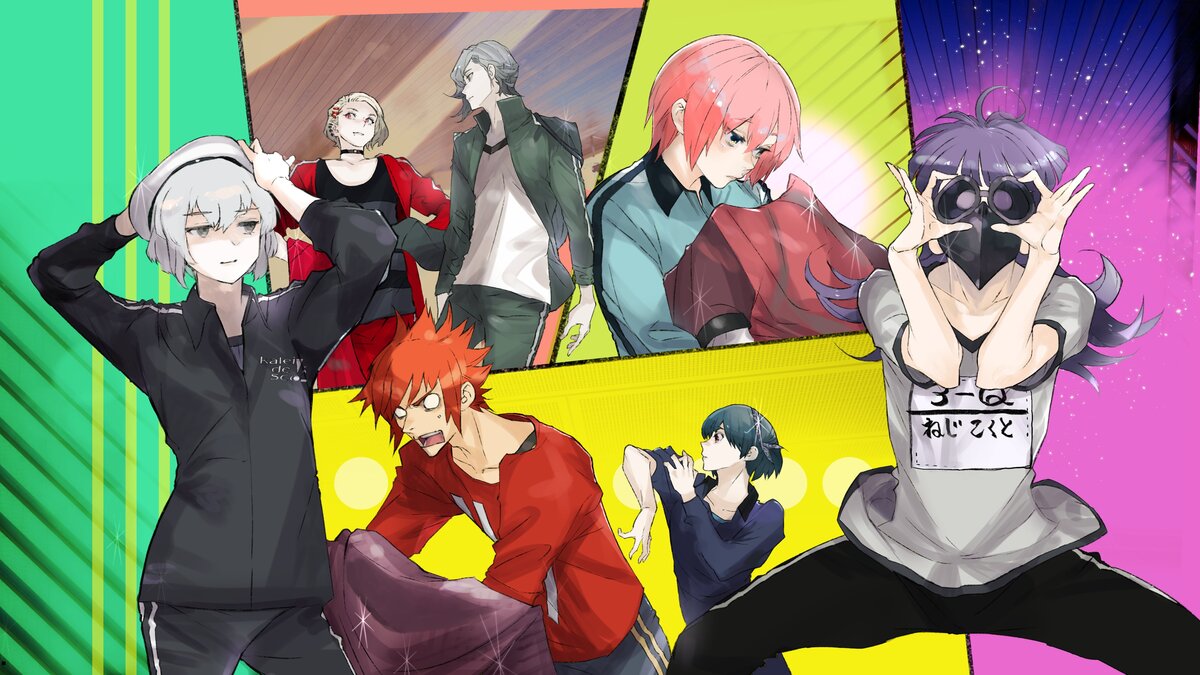
Jack Jeanne is a school drama — an interactive shoujo experience, if you will — that Sui Ishida wanted to create after bringing Tokyo Ghoul to an end. The story follows its heroine enrolling into an all-boys’ school, an elite academy that focuses on theatrical performances. The heroine has to conceal her identity and make as big of an impression within her first academic year in order to stay on as a student. To do that, she has to ace each seasonal performance to get a main role in the final performance of the year.
Jack Jeanne is the first and only Broccoli game to make it to the west, and that in itself is a big enough deal on its own that’s always worth mentioning.
Meanwhile Charade Maniacs, another otome from the behemoth that is Otomate, encompasses a mystery/thriller/adventure-type story where our heroine is effectively whisked away to another world, isekai-style, and forced to participate in a bizarre performance of a TV show. The streamed show requires the heroine and its nine other participants to show their acting chops in order to accumulate points, which in turn can lead to personal requests being fulfilled — eventually, hopefully, culminating in a way out.
But there is a massively concerning threat that is constantly looming over them, since there is at least one traitor within the group who is acting to further jeopardise everyone else.
Structure comparisons
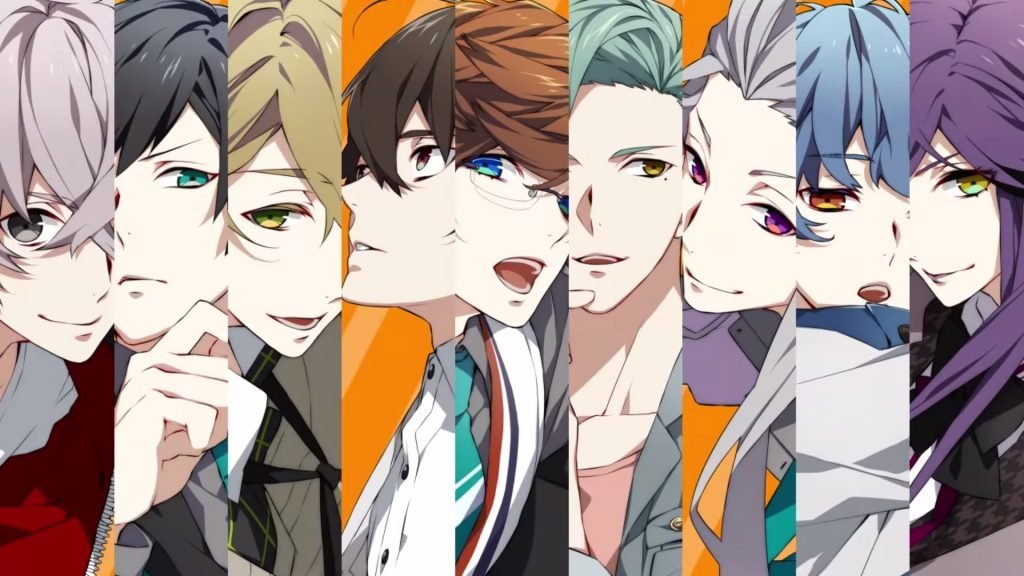
So, which is better? Well, this will depend on what you are looking for exactly. There are quite a few similarities we can get into, though, before attempting to tackle such a question. Both Jack Jeanne and Charade Maniacs feature an expansive common route, with the majority of both games being this sectionT.
Charade Maniacs features a whopping nine routes, and to contain the scope of it all the latter chapters condense the playing field significantly as the story begins to follow only three love interests at a time. This is before it branches off completely into focusing solely on the love interest you have favoured most in its runtime by its final chapter.
It’s all quite standard, while Jack Jeanne seems substantially different at its face value. But worry not, for it is deceptively simple. Despite being part visual novel, part stat raiser and part rhythm game, it is a walk in the park. Completing it just the one time allows you to skip the majority of the dialogue within the common route — though because of its distinctive systems, there is no ability to simply jump straight to a specific chapter.
For a painless playthrough, pick the easy option for every rhythm game segment and aim for specific numbers in the stat-raising component: max out the stats that align with the love interest you’re aiming for and ensure the rest reach at least 10 by the final performance. There’s a risk of burnout, though, due to this structure.
Route progression comparison
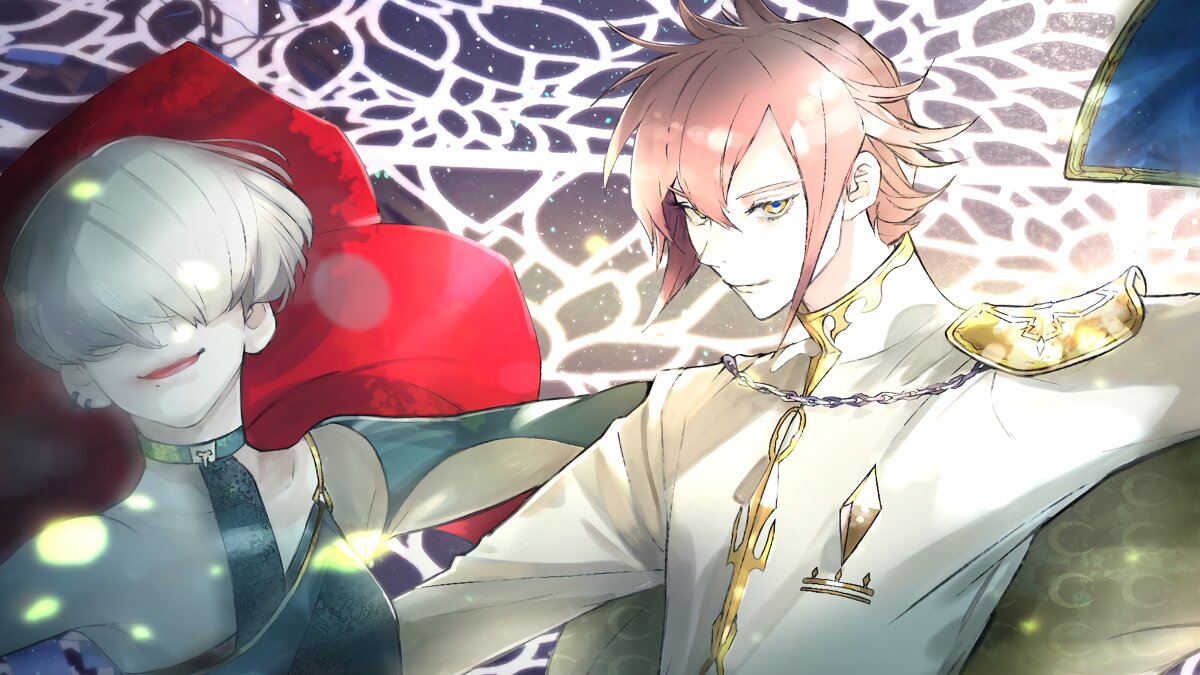
That’s really all the influencing you can do on a game like this one, meaning that binge playing it is not at all viable. Do not underestimate just how long and tedious skipping through the game up to five times is – and that’s if you already knew you should be prioritising the love interest’s preferred stat before it’s too late to obtain their best ending. Otherwise you’ll find yourself replaying the game as far back as possible six times or more in total – a fact I still have yet to accept with my own playthroughs.
On the other hand, where Charade Maniacs fumbles most from what I’ve seen so far is just how inconclusive the worst of its routes can be. It’s evident enough even from my unfinished time with Charade Maniacs that the game was playing with way too many parts. Having nine love interests is a monumental undertaking, and the romantic aspects suffer within the short character routes. The characters also don’t seem to get nearly enough exposure and closure by the time the credits roll.
It’s not unlike the empty feeling I got from experiencing Paradigm Paradox, an otome that offered the unique twist of siding with the “villains” as an option. Ultimately, for me, the game felt unsatisfying due to its weak writing for both the characters and the romantic aspects.
Other comparisons or points worth mentioning
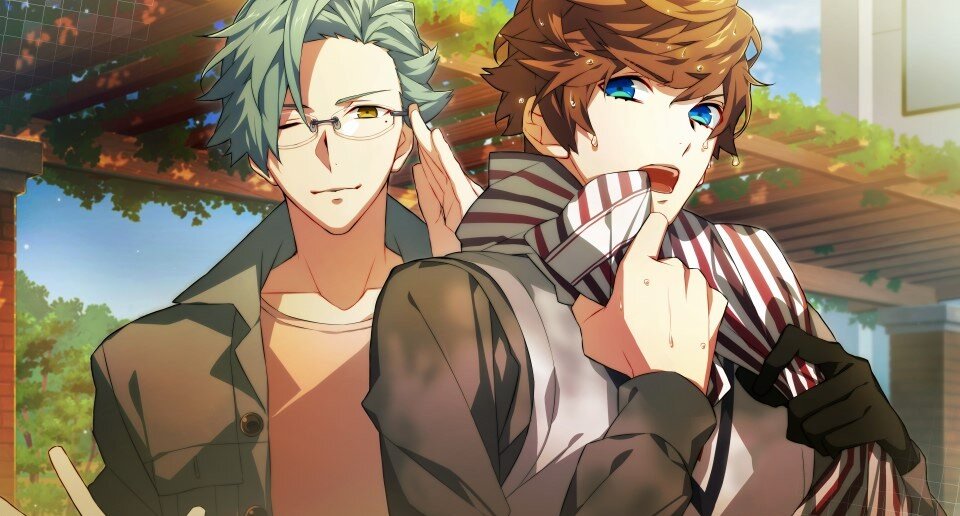
While Jack Jeanne is a school drama, Charade Maniacs is harder to place and categorise. This is mostly due to the rather lacklustre exploration of its setting: a death game thriller reminiscent of titles like Danganronpa or even Gnosia. Only, the player actually has very little input in Charade Maniacs.
For how much it tries to pack, Charade Maniacs does not come with bad endings for all of its character routes. Combined with how there are relatively few choices to make between the common route and a character-specific route, the game pulls you somewhat out of feeling truly immersed and involved in its happenings, and having any sense of agency, control or input on the story, let alone the central mystery, is a bit of a non-starter. You can, by all means, guess who the traitors are as you play — but don’t expect to actually play an active role in those investigations.
It’s also interesting to point to the parallels of theatrical performances being key to both games. Jack Jeanne explores it as its main motivation for its characters, with it being not just integral to its plotlines but even being interactively significant thanks to its rhythm game segments. Meanwhile, Charade Maniacs’ major pull is through its thriller setting, where its characters are forced to act out as much as possible, highlighting its array of voice actors and their talents. But the setup and payoff is nowhere near as effective as Jack Jeanne in terms of the emotional gravity of said motif and resulting themes that are tied to it.
Both games feature quite a wide cast, although this is all that more impressive in Jack Jeanne, which involves side characters. But the significance of the love interest pool interacting with one another is notable for both titles. This makes both games just that bit more interesting for creating bonds between the characters outside of the core relationships between them and the heroine.
Concluding thoughts
If there’s one thing going for Charade Maniacs specifically, then it is the unusual decisions it makes with some CGs — something which I hope is a recurring element. On the very first route I blindly went for, there was a CG that was just a pair of hands. It was strikingly out of leftfield, and while notable for being extremely important to the love interest and route itself in highlighting, the ambiguity of its deeper meaning continues to play on my mind.
On top of that, Idea Factory’s limited edition takes the cake with the sheer amount it packs, being an absolute delight to open up and put on display.
In closing, both games could not be any more different to one another really, and it will depend on what you are looking for to determine which will be more worthwhile to experience for yourself. But for my money, Charade Maniacs strikes me as a game that has potential but feels distractingly and disappointingly unfinished with the two routes I have currently experienced, while Jack Jeanne’s overall polish outshines it as well as its depth being apparent from just a single playthrough.
In any case, I am taking a break from both titles as of now for the reasons I have given above – and because Salty Hounds should be going into Early Access at the time of publishing this. But that’s just my current stance on this rather specific question. We hope it helps you make a decision!
Join The Discussion
Rice Digital Discord
Rice Digital Twitter
Rice Digital Facebook
Or write us a letter for the Rice Digital Friday Letters Page by clicking here!
Disclosure: Some links in this article may be affiliate links, which means we may earn a small commission if you make a purchase after clicking on them. This is at no additional cost to you and helps support Rice Digital!
- Sigh of the Abyss: Shadow Bonds – Prologue Review - October 7, 2023
- Is She The Wolf? is wickedly addicting TV - October 6, 2023
- The steady consumption of Slow Damage - October 5, 2023




